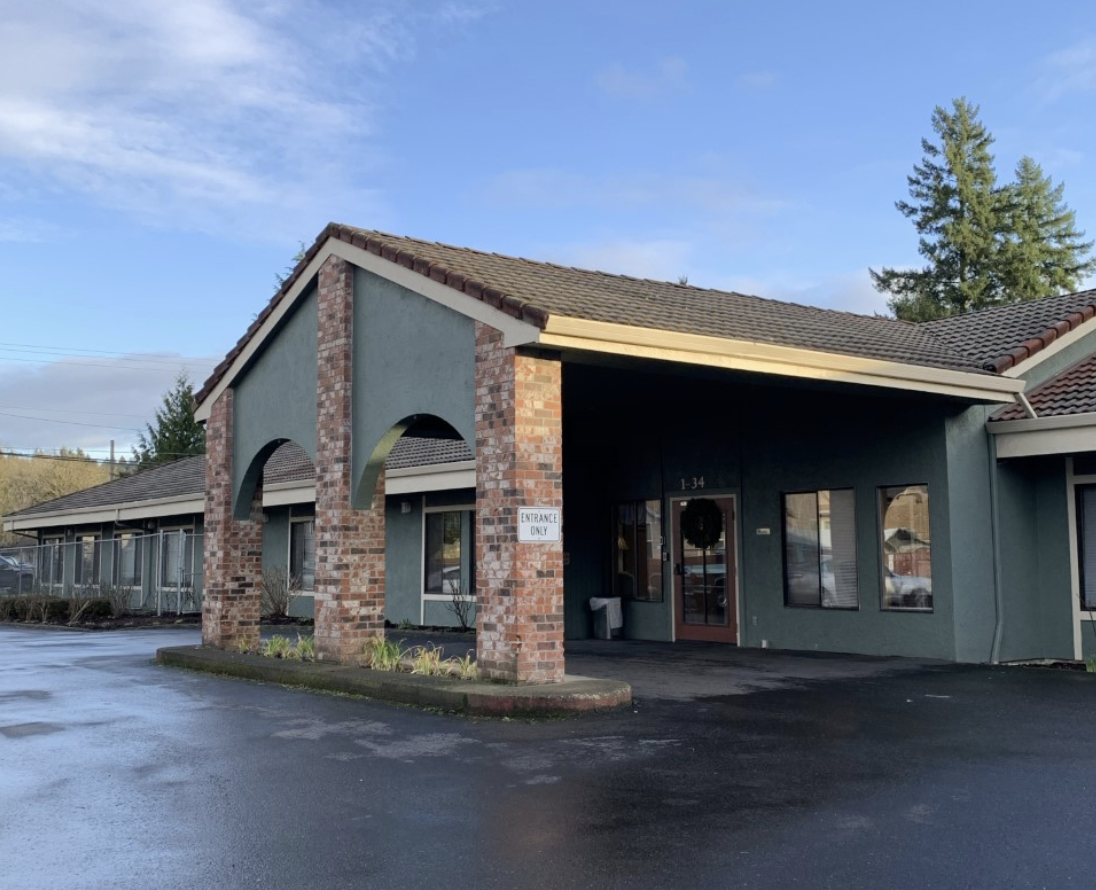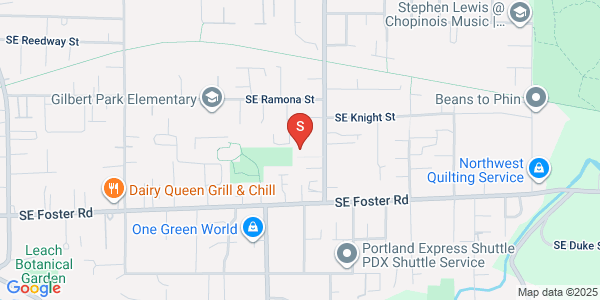Sapphire at Cedar Crossings, Portland, OR



Monday: 9:00 am – 5:00 pm
Tuesday: 9:00 am – 5:00 pm
Wednesday: 9:00 am – 5:00 pm
Thursday: 9:00 am – 5:00 pm
Friday: 9:00 am – 5:00 pm
Saturday: 9:00 am – 5:00 pm
Sunday: 9:00 am – 5:00 pm

Sapphire at Cedar Crossings, a non-profit nursing home in Portland, Oregon, specializes in skilled nursing, rehabilitation, and memory care services. Known for its compassionate approach, inviting atmosphere, and engaging programs, this facility is dedicated to enhancing the quality of life for its residents through personalized support and care.
Sapphire at Cedar Crossings is a premier nursing home located in Portland, Oregon, committed to providing exceptional care for its residents. The facility specializes in a variety of services, including skilled nursing care, rehabilitation therapies, memory care, and support for patients with chronic illnesses. With a focus on personalized care plans, the highly trained staff ensures that each resident receives the attention and support they need to thrive.Sapphire at Cedar Crossings operates as a non-profit organization, reflecting its dedication to community welfare rather than profit motivations. With years of experience in the industry, it has gained a reputation for its compassionate approach and high standards of care. The facility is fully accredited, adhering to state regulations and best practices in healthcare.Conveniently situated in the heart of Portland, the facility features well-maintained outdoor spaces and cozy communal areas that promote social interaction and community engagement. Unique amenities such as recreational activities, wellness programs, and special events contribute to a vibrant lifestyle for residents. Recent renovations ensure a modern and comfortable living environment, making Sapphire at Cedar Crossings a valued resource for individuals and families seeking quality healthcare and support in the community.
Do you manage this facility? Claim your profile now to suggest edits to this page.
Download the Nursa App

Until then, you can continue with the app to signup or login.
Address


Nursa's Favorites
Nursa reviews are only left by clinicians who have completed a shift at a specific healthcare facility using the Nursa app. Each review goes through a strict verification process to ensure authenticity and reliability. Make informed decisions with confidence, knowing that Nursa reviews are directly from other clinicians with real firsthand experience who have used the app to work at the facility. Verified. Reliable. Transparent.
Interested in this facility?

Pick Up a Job Today
Find per diem PRN job opportunities in your area. High paying CNA, LPN and RN and many more licences are available now.
Join NursaPost Your Jobs Today
Facilities who use Nursa fill 3 times as many open per diem shifts, on average, compared to trying to fill the shifts themselves.
Post Jobs












.svg)
